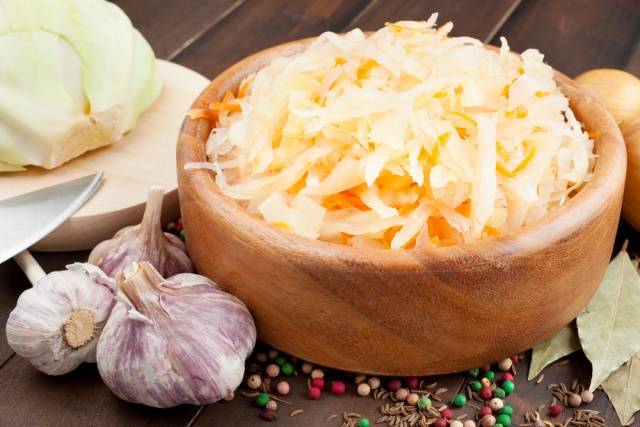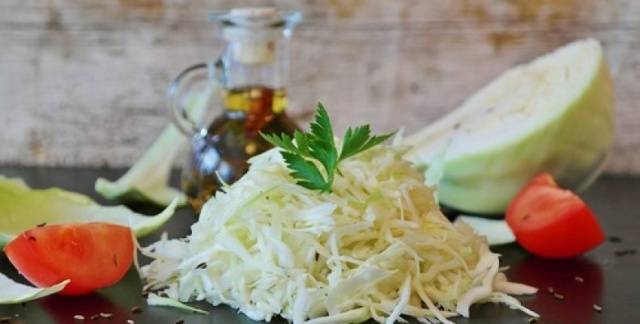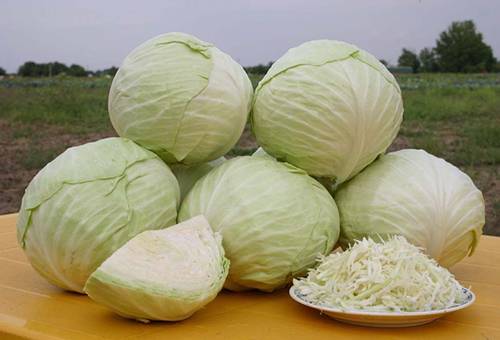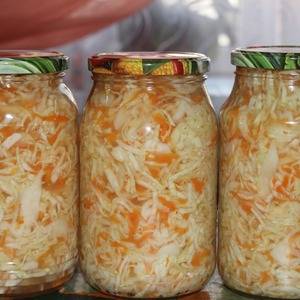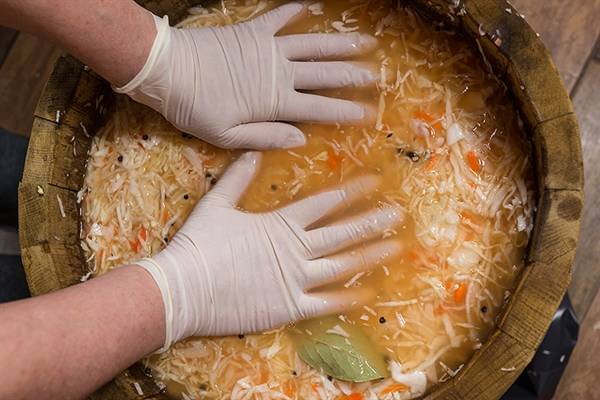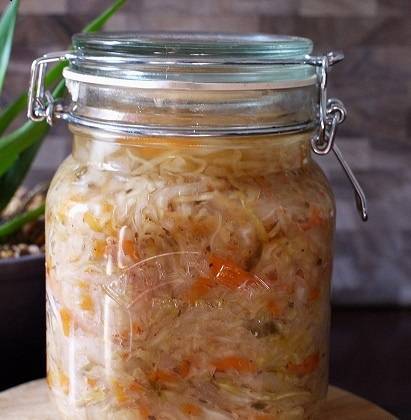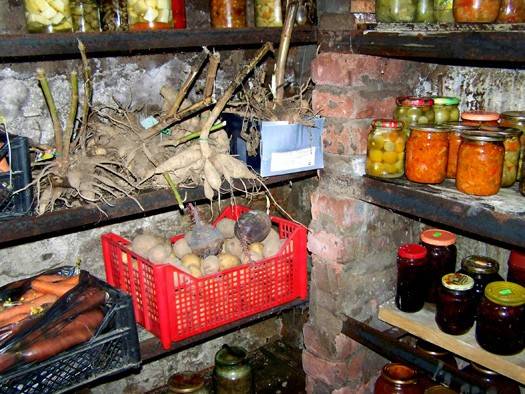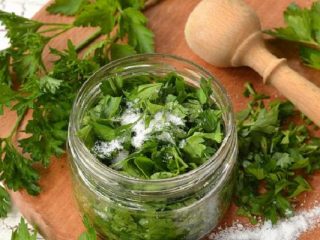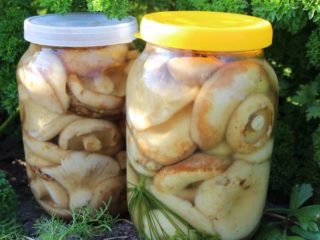Content
In autumn and winter, fresh vegetables and fruits are in short supply. It is good that some preparations can make up for the lack of vitamin in our body. It's no secret that sauerkraut has incredible health benefits. Preparing this blank can be simple and quick. But how to store sauerkraut and where? In this article, we will learn what to consider when cooking kale to keep it well.
The benefits of this workpiece
Cabbage itself is an incredibly healthy vegetable. It contains a lot of calcium, zinc, magnesium, iron, potassium and phosphorus. In addition to all this, it is rich in various amino acids, which are very important for the human body. What's so special about this salad?
First of all, it compensates for the lack of vitamin in the winter, thereby increasing immunity. Among other things, a vegetable prepared in this way contains the following vitamins:
- U - has a beneficial effect on the stomach and intestines, prevents the formation of ulcers;
- C - is responsible for immunity;
- B - speeds up metabolic processes.
How to choose a vegetable for pickling
To prepare a useful preparation for the winter, you need to know some important secrets. Much depends on the cabbage itself. Early varieties of this vegetable are categorically not suitable for these purposes. Such fruits are too soft, which is why the workpiece simply cannot be stored for a long time. For pickling, choose late or medium late varieties.
Then you need to pay attention to the appearance of the fruits themselves. For fermentation, take only fresh undamaged heads of cabbage. Such fruits can be purchased in September and early November. It was at this time that it was customary to deal with this kind of blanks.
Those who independently grow a vegetable in their garden pick the fruits for fermentation immediately after the onset of the first frost. The fact is that after light frosts, the starch in the vegetable turns into sugar, and the workpiece accordingly becomes tastier.
How does the fermentation process
In order for the cabbage to become crispy and sour, it must undergo a fermentation process. It consists of 3 main stages:
- Milk bacteria multiply first. To get a tasty and high-quality workpiece, the breeding process should take place fairly quickly. To do this, you need to maintain the correct air temperature (17 to 22 ° C).
- Then there is an accumulation of lactic acid. This happens throughout the week. In this case, the temperature should be approximately the same as in the first stage.
- After that, the fermentation process can be considered complete. Further, mold may begin to develop. To prevent this from happening, the cabbage is transferred to a cooler room for further storage. The workpiece is best stored at temperatures between 0 ° C and + 2 ° C. It can be a cellar or just a refrigerator.
How to store cabbage
Wooden containers are most suitable for storing the workpiece. This is how our grandmothers kept the salad. Now, especially in urban areas, it is not very convenient. Alternatively, you can place the prepared salad in an enamel container (bucket or saucepan). At the same time, inspect the container for chips and damage. Such dishes are not suitable for storing workpieces.
Containers made of aluminum and plastic are not suitable for fermentation.Aluminum oxidizes when exposed to lactic acid. This can give the salad an unpleasant metallic taste. It is very important that all the cabbage is covered with the secreted juice. Thanks to this, vitamin C will not be destroyed, and all the beneficial properties and taste will be preserved.
Shelf life of sauerkraut
Cabbage, like all other foods, has a certain shelf life:
- a workpiece that is stored in a wooden barrel, can stay fresh for at least 8 months. The temperature should be in the range from -1 ° C to + 4 ° C .;
- cabbage in a glass jar, even with the correct temperature regime, will not be able to be stored for so long. Such a preparation can be eaten only for 2 weeks after preparation. If you pour the salad with vegetable oil to a height of 2 cm, then you can significantly extend the shelf life. sauerkraut in jars;
- at an air temperature of up to + 10 ° C, cabbage can be stored for no more than five days;
- in a polymer film, finished cabbage can retain all its properties for a week. In this case, the air temperature must be at least + 4 ° C.
Choosing a storage location
It is very important that the temperature in the room where the cabbage is stored does not drop below 0 degrees. A loggia (glazed) can serve as an excellent place to store blanks in jars for the winter. If necessary, you can get the salad in the right amount, and let the rest stay in the right place.
Due to constant thawing and freezing in cabbage, there will be less and less useful trace elements and vitamins. Therefore, do not allow the workpiece to be either in the house or on the balcony. Only take as much cabbage as you need and do not put any leftovers back into the container.
But most often the salad is stored, of course, in the refrigerator. It is very convenient and you can get a dish at any time without leaving your home. The temperature in it is ideal for storage. The only inconvenience is that a lot of this delicacy will not fit in it, so you will have to prepare new portions each time.
Conclusion
Now you know exactly how to store sauerkraut at home. We saw what is the best way to prepare this delicacy. You were also able to find out how much sauerkraut is stored in the refrigerator, barrel or jar. To keep the workpiece at home as long as possible, you need correctly ferment it. To do this, you should carefully follow the cooking process and choose the right vegetables for the salad. Many people ferment large quantities of lettuce immediately in the fall, while others prepare fresh salad every time. In general, everyone can prepare a blank according to their favorite recipe and store it at home for a long time, observing all the basic rules.
